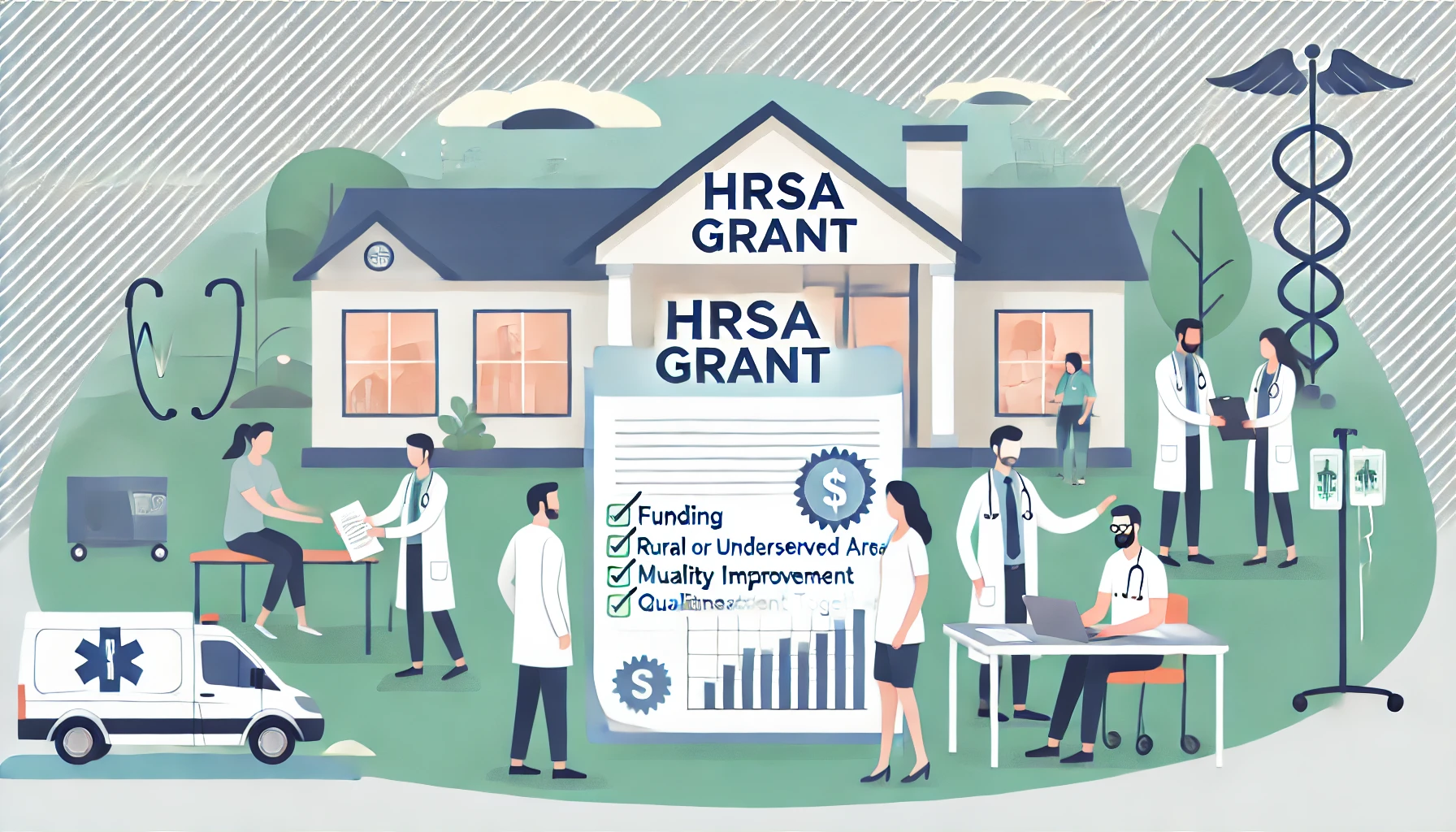
Table of Contents

California nurses voice concerns over untested AI in healthcare.
# California Nurses Voice Concerns Over Untested AI in Healthcare
In recent years, the integration of Artificial Intelligence (AI) in various sectors has revolutionized industries and improved efficiencies. However, as **AI technology** begins to make its way into the healthcare environment, it brings with it both opportunities and challenges. In **California**, some nurses are expressing their concerns over the rapid deployment of untested AI systems in healthcare facilities. In this blog post, we will dive deep into these concerns, explore how AI is currently being utilized in healthcare, and examine potential solutions to ensure a harmonious incorporation of AI technology in the medical field.
## The Rise of AI in Healthcare
AI's capabilities in processing massive datasets and identifying patterns have made it attractive to the healthcare industry. Hospitals and clinics are starting to use AI to:
These applications present significant potential for improving patient care and reducing costs. However, with these advancements come new challenges, especially around the reliability and safety of untested AI systems.
## Concerns Raised by California Nurses
### Unreliable Predictions and Diagnoses
California nurses have voiced significant concerns about the **reliability** of AI-driven predictions and diagnoses. While AI algorithms can often match or even surpass human accuracy in controlled settings, the real-world application varies significantly. There is widespread anxiety that some AI systems have not gone through rigorous testing, leading to potential misdiagnoses or inappropriate treatments.
### Lack of Human Oversight
The growing dependence on AI systems threatens to reduce human oversight, a critical component of patient care. Nurses argue that relying solely on AI without adequate oversight by trained medical professionals may lead to errors being unaddressed. The **gut instinct** and emotional intelligence that comes with human healthcare providers cannot be easily replicated by AI, and this human touch often makes the difference in patient care.
### Data Privacy Concerns
To function effectively, AI systems require vast quantities of data, much of which is sensitive and personal. Nurses advocate for the protection of patient data privacy and stress the need for robust **cybersecurity measures**. The mishandling of such data could lead to breaches that not only violate patient trust but also conflict with existing healthcare regulations.
## Balancing AI Innovation with Safety
### Rigorous Testing and Validation
To address the concerns about reliability, AI systems must undergo the same rigorous testing and validation processes as any other medical device or approach. Conducting clinical trials and real-world testing will help ascertain their reliability and safety.
### Human-AI Collaboration
Rather than viewing AI as a replacement for human healthcare providers, it should be seen as a tool that complements human capabilities. Implementing AI solutions where they can be monitored and managed by experienced clinicians could ensure an effective blend of **technology** and **human empathy**.
### Strengthening Data Security
Healthcare institutions must invest in **cutting-edge cybersecurity** to protect patient data. Implementing strong encryption, regular audits, and employing secure practices will help build trust among healthcare workers and patients alike.
## The Path Forward: Integrating AI Responsibly
### Continuous Education and Training
For AI integration to be successful in the healthcare setting, continuous **education and training** are necessary for all stakeholders. Workshops and training sessions can help nurses and other healthcare professionals understand AI's capabilities and limitations. This knowledge is crucial for identifying potential issues and examining how AI can improve patient care without replacing the indispensable human elements.
### Policy and Regulation
Robust policies and regulations around AI implementation will be crucial in ensuring that technology benefits the healthcare system without compromising ethical standards. Healthcare bodies and governments should collaborate to develop frameworks that guide AI utilization while safeguarding patient rights.
### Engagement with Healthcare Professionals
Decision-making processes about AI technology adoption must include active participation from healthcare professionals, including nurses. Their frontline experience and unique patient-care perspective can provide invaluable insights into practical implementation considerations and help prevent potential pitfalls.
## Conclusion
The advent of AI in healthcare presents a promising future but also highlights significant challenges that merit cautious evaluation. **California nurses** have voiced valid concerns about the safety, reliability, and ethical implications of untested AI systems in patient care. To successfully merge AI capabilities with healthcare, a balanced approach that prioritizes rigorous testing, human oversight, and the protection of patient data is essential. By fostering an environment where technology and human care coexist, we can create a healthcare system that is not only more efficient but also more equitable and empathetic. As we navigate these uncharted waters, ongoing dialogue among all stakeholders will be critical to achieving this vision.

Why Every Hospital Needs a Quality and Patient Safety Program
Every hospital needs a quality and patient safety program to reduce harm, improve care, and foster a culture of accountability.
.png)
.png)

HRSA FQHC Requirements: A Comprehensive Guide for Healthcare Providers
When it comes to federally qualified health center requirements, there’s no shortage of regulations, expectations, and—depending on your perspective—opportunities.
.png)
.png)

Unlocking Funding: A Guide to Health Resources and Services Administration (HRSA) Grants
Use HRSA grants to fund external peer review programs that enhance care quality, reduce bias, and support compliance in health centers.
.png)
.png)



.png)
.png)
.png)






.png)